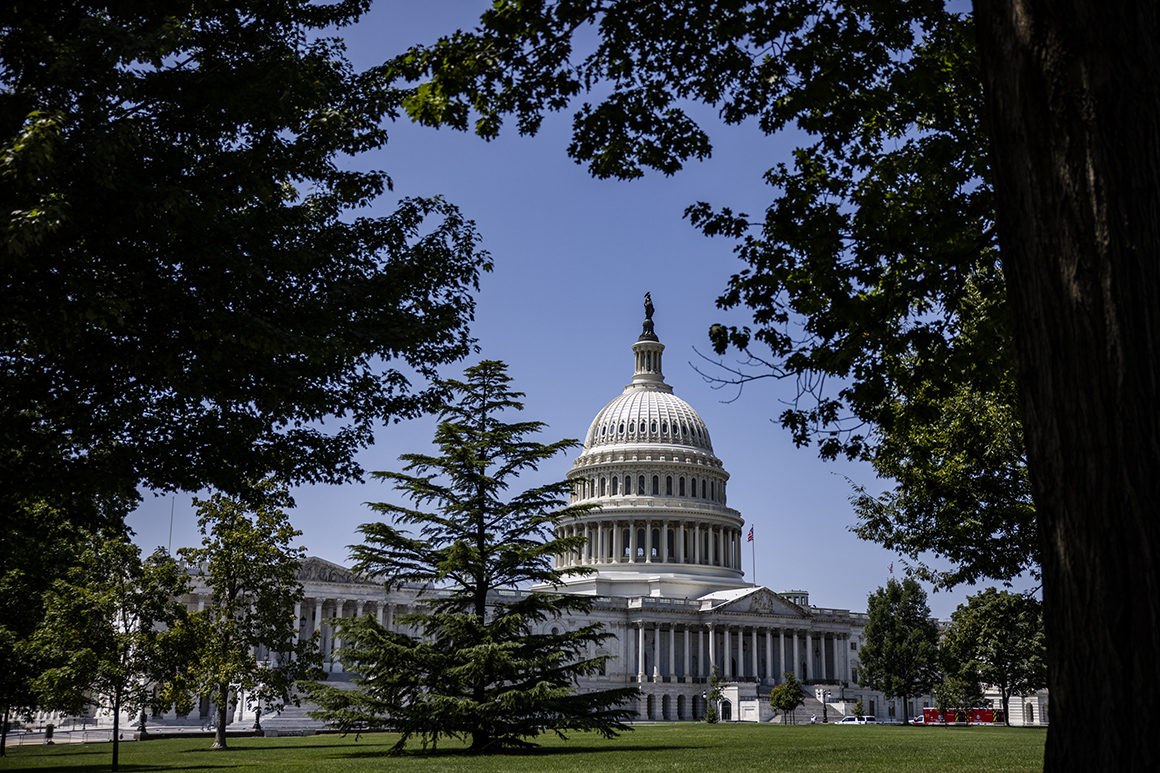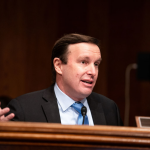The Senate parliamentarian on Sunday rejected Democrats’ push to include a pathway to legal status in their social spending plan, a blow to the party’s efforts to enact immigration reform.
In the decision, a copy of which was obtained by POLITICO, the parliamentarian determined that the Democrats’ proposal is “by any standard a broad, new immigration policy” and that the policy change “substantially outweighs the budgetary impact of that change.”
While Democrats previously vowed that they would pursue an alternative proposal should they disagree with the ruling, the decision from the nonpartisan Senate rules arbiter likely closes the path forward for providing legal status through the so-called budget reconciliation process, which allows Democrats to sidestep a filibuster.
With bipartisan immigration talks stalled, Democrats widely viewed the social spending package as their best chance to enact immigration reform.
In their arguments before the Senate parliamentarian, a former immigration attorney, Democrats made the case that providing green cards to an estimated 8 million Dreamers, farmworkers, Temporary Protected Status recipients and essential workers during the pandemic had a budgetary impact because it would make more people eligible for certain federal benefits. That, in turn, would increase the deficit by more than $130 billion, according to Democratic estimates.
But the parliamentarian in her ruling stated that providing legal status through reconciliation would also lead to “other, life-changing federal, state and societal benefits.”
Providing permanent legal status “would give these persons freedom to work, freedom to travel, freedom to live openly in our society in any state in the nation, and to reunite with their families and it would make them eligible, in time, to apply for citizenship — things for which there is no federal fiscal equivalent.”
In addition, the parliamentarian rejected arguments from Democrats that there is a precedent for including immigration reform in reconciliation. Democrats frequently pointed to a 2005 GOP-led reconciliation bill that addressed a visa backlog.
The parliamentarian, however, noted that the 2005 bill was “the product of a bipartisan agreement” and that the provisions “are distinguishable as they applied to persons who were already admissible and not barred under law from applying for status, which is not the case here.”




















